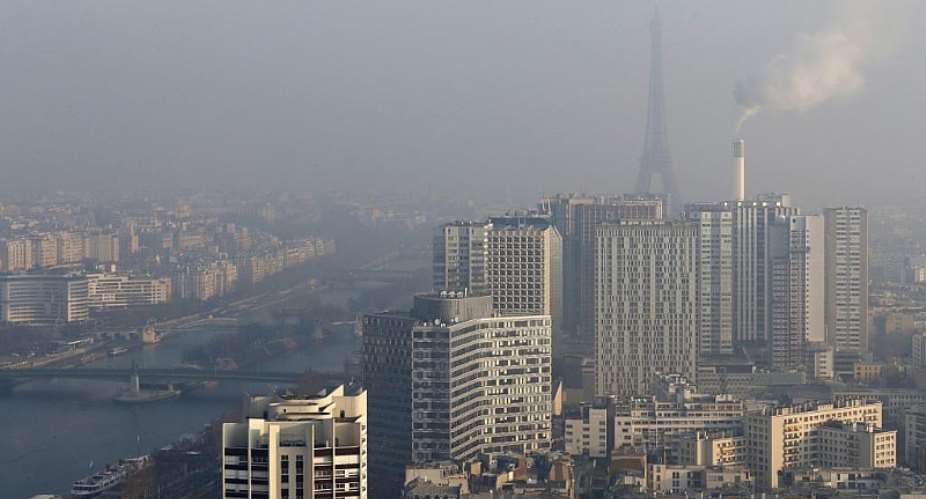As France marks its 5th National air quality day, several branches of environmental NGOs such as WWF and Greenpeace are calling for the government to take urgent action, particularly with regards to diesel emissions.
In an open letter published on France Info public radio website, the directors of Unicef France, WWF France, Greenpeace France, and a network of over 20 other climate action associations berated the French government for its record on dealing with air pollution and said urgent action must be taken.
Scientific studies have concluded that air pollution has serious consequences on health in general, in particular for children; asthma, allergies, skin problems, problems related to the immune system, diabetes, obesity and depression to name a few.
On a national level, the organisations said France's dependence on car use must be curbed. Ordinary and low income consumers must be given financial incentives to buy less polluting vehicles and more public funding should be dedicated to the development of public transport and the use of bicycles on a grand scale.
Across the country, the transport sector is responsible for 57 percent of nitrogen dioxide emissions and 15 percent of small particles, mainly due to the large number of diesel cars in France.
In France, three out of four children are breathing toxic air, according to the World Health Organisation.
In Paris, 27 percent of establishments which accommodate for people deemed to be sensitive to air pollution (schools, day care centres and hospitals) are regularly exposed to pollution levels considered over the recommended European levels.
In Marseille for example, one school out of two is affected by unsafe levels of air pollution, according to Greenpeace.
To mark the national day for air quality, Paris's town hall launched an interactive online map on Tuesday, which shows air pollution levels across the city in real time.
The data is collected by the company Airparif and a system known as Pollutrack.
Around 400 vehicles are equipped with sensors that pick up information all day and all night.
There are some 300 vehicles operated by the company Enedis and 100 operated by Marcel.
"This is a very positive thing", a spokesperson for the association Respire (Breathe) told France Info radio.
"The more information is available, the more people will act for the environment."





 We’ll no longer tolerate your empty, unwarranted attacks – TUC blasts Prof Adei
We’ll no longer tolerate your empty, unwarranted attacks – TUC blasts Prof Adei
 Bawumia donates GHc200,000 to support Madina fire victims
Bawumia donates GHc200,000 to support Madina fire victims
 IMF to disburse US$360million third tranche to Ghana without creditors MoU
IMF to disburse US$360million third tranche to Ghana without creditors MoU
 Truck owner share insights into train collision incident
Truck owner share insights into train collision incident
 Paramount chief of Bassare Traditional Area passes on
Paramount chief of Bassare Traditional Area passes on
 Two teachers in court over alleged illegal possession of BECE papers
Two teachers in court over alleged illegal possession of BECE papers
 Sunyani: Victim allegedly shot by traditional warriors appeals for justice
Sunyani: Victim allegedly shot by traditional warriors appeals for justice
 Mahama vows to scrap teacher licensure exams, review Free SHS policy
Mahama vows to scrap teacher licensure exams, review Free SHS policy
 Government will replace burnt Madina shops with a new three-story, 120-store fac...
Government will replace burnt Madina shops with a new three-story, 120-store fac...
